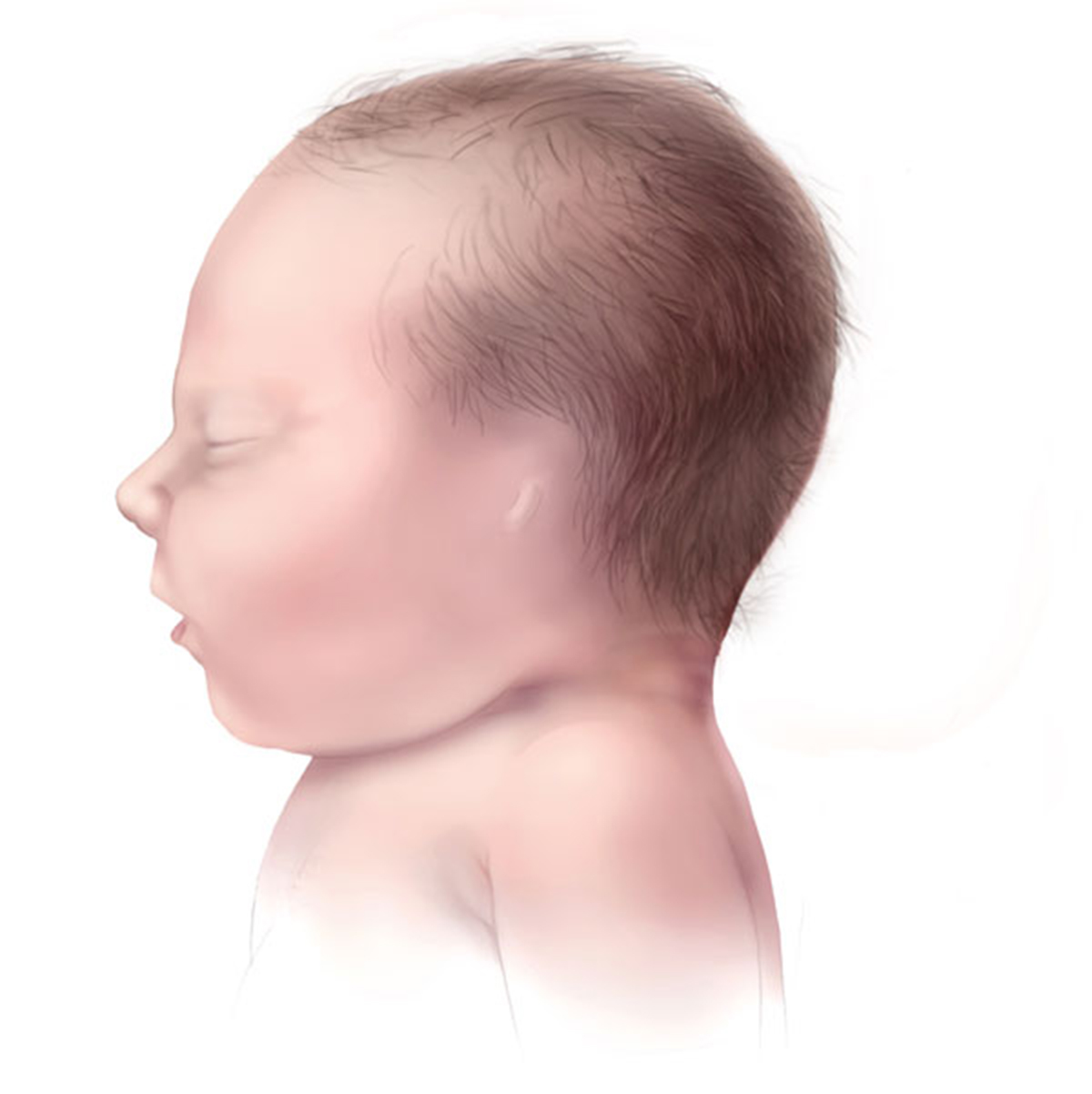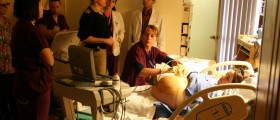
Birth defects are health problems that develop while the baby is still developing in the mother’s body. The first trimester of pregnancy is considered to be especially risky for a baby’s health. It is estimated that approximately three percent of all babies in United States are born with some kind of a birth defect.
Birth defect may affect not only a baby’s health and cognitive capacity, but also a baby’s looks. Birth defects may therefore vary from the mild defects to severe or even completely disabling ones. For a great number of birth defects, the reason is yet unknown. Known reasons of birth defect include genetics, exposure to medicines or chemicals or alcohol. Some of the defects may be associated with mother’s health conditions.
Heart defects
It is estimated that around 1% to 2% of all babies is born with some kind of a heart defect. Heart defects are very common kind of birth defects. Approximately 25% to 30% of all birth defects are associated with heart problems. These defects may range from mild to extremely severe. In undeveloped countries, hearth defects are causing approximately 50% of all child deaths.
Neural tube defect
Neural tube defect develops at the very start of the pregnancy, during the first month. It is associated with development of brain and spinal cord. In the normal course of pregnancy, brain structure should fold into a tube by the 29th day of pregnancy. If this doesn’t happen, the child is born with neural tube defect, stillborn or dies soon after the delivery. To prevent this defect, pregnant women are often advised to take foods rich in folic acid or food supplements. Prenatal screening may help to determine the risk factors associated with certain birth defects.
Defects of the gastrointestinal tract
These health defects affect the esophagus, stomach, small and large intestines, rectum and the anus. Anomalous growth of any of these organs may cause the blockage or series of health problems associated with swallowing, digestion or bowel movements. This kind of birth defects varies from one in 32.000 births to 1 in 10.000 births. The true cause of gastro intestinal tract defects is not yet fully understood, but it certainly has something to do with genetics. These defects are usually surgically treated.
Genetic birth defects
Some of the birth defects are passed by genes, form a parent to child. If both of the parents carry the defective gene, the child will most probably develop the disease. However, different genetic defects have different patterns of inheritance.
The most common genetic birth defects include cystic fibrosis, Down's syndrome, muscular dystrophy, phenylketonuria, sickle cell disease, and Tay-Sachs disease.












_f_280x120.jpg)




Your thoughts on this
Loading...